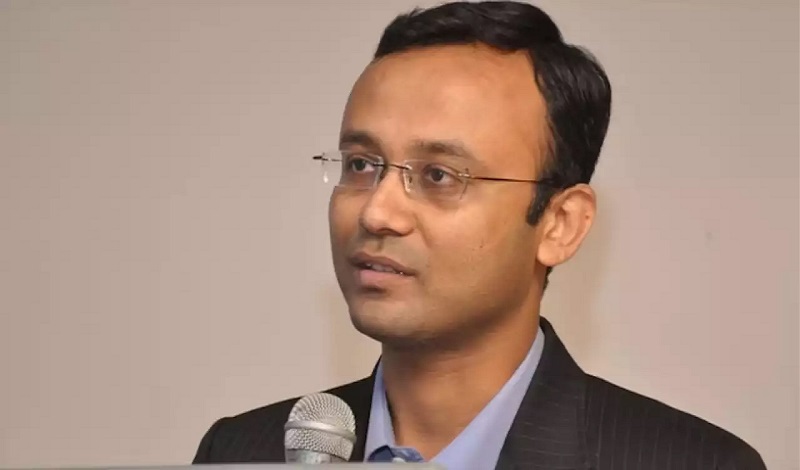
Gujarat’s famous cardiologist Gaurav Gandhi dies of heart attack despite normal ECG
Prominent cardiologist Dr Gaurav Gandhi, 41, died of a suspected cardiac arrest at his residence in Jamnagar, his family members reported Wednesday. Scores of people paid tributes to the doctor known for performing over 16,000 heart surgeries.
Gandhi was working as a contractual assistant professor at MP Shah Government Medical College in Jamnagar for the past one year. Additionally, he was also working as a Consultant Interventional Cardiologist at the private Sharda Hospital in the same city.
Cardiologist’s Death Raises Questions
According to Dr Nandini Desai, medical superintendent at GG General Hospital, Gandhi felt chest discomfort on June 6 around 2 am, leading him to get an ECG done in Sharda Hospital. However, since the cardiogram didn’t show abnormalities, the cardiologist thought it was acidity.
He stayed in the hospital for some 30 minutes to track any inconsistencies and eventually went back home, Desai added. But in the morning around 6 am, he was found collapsed on the floor of his bathroom. He was rushed to the hospital and put on a ventilator.
Keep Reading
His heart was faintly active at the time, a cardiogram showed. Doctors tried CPR for around 45 minutes but he could not be revived. While clinically, it’s suspected to be a heart attack, the post-mortem didn’t show any changes in his heart to indicate a cardiac arrest.
But Desai stressed, since the window between the onset of symptoms and his death is very narrow, the heart won’t show changes in such a short duration. Such changes usually show up in seven hours. So now, the obvious question is …
Is it possible to have a cardiac arrest despite normal ECG?
Yes, it’s possible.
Dr Saugata Chatterjee, assistant medical superintendent at GG General Hospital and professor of medicine at the MP Shah Government Medical College, said: In around 20 to 30% of cases, the first ECG reading may not give away abnormalities even if one is having a heart attack.
In cases where suspicion is high, patients are usually kept in the hospital under observation for 12 to 24 hours, with serial ECGs conducted and cardiac enzymes tested. However, Gandhi’s case is atypical, Chatterjee added.



